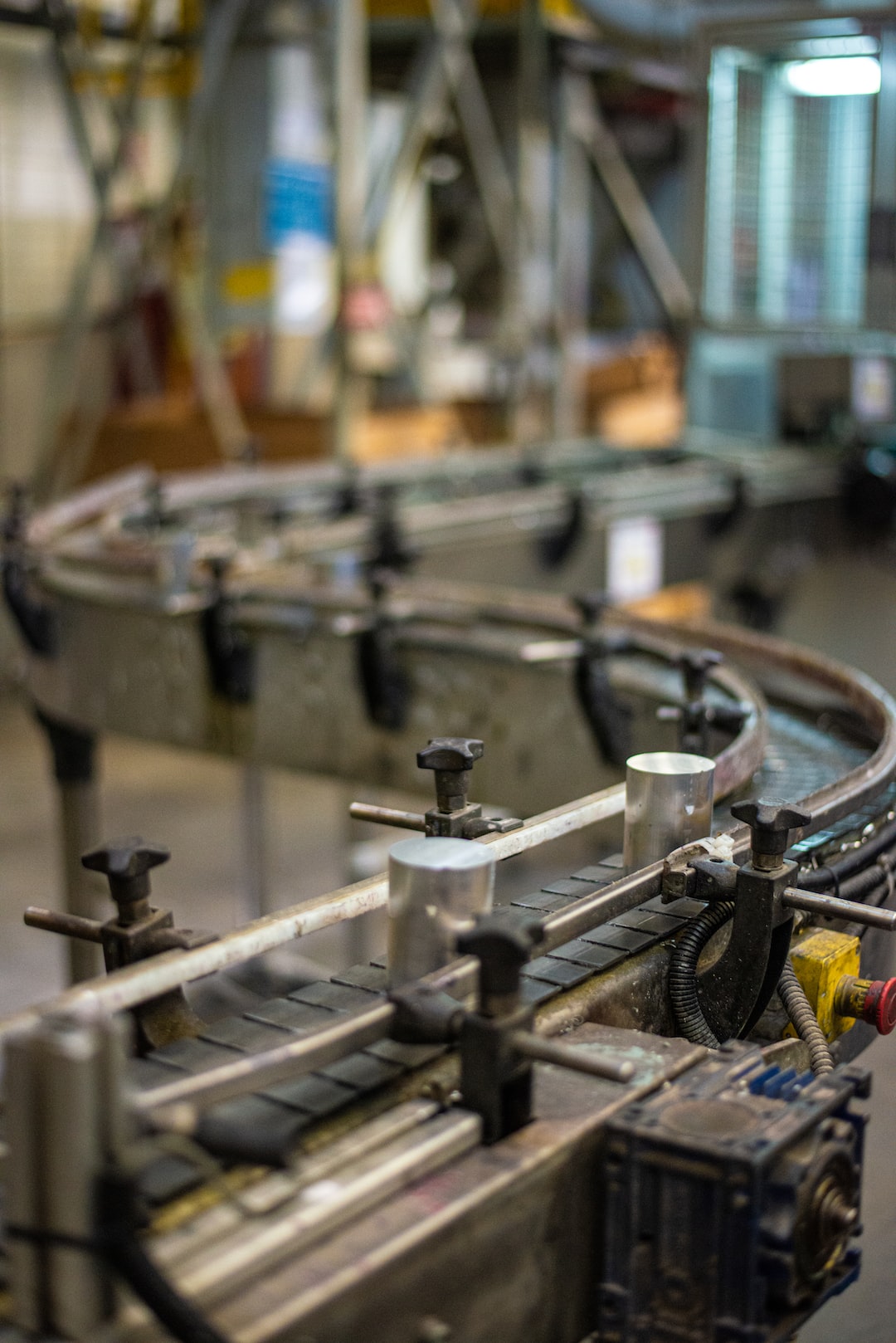The Future of Manufacturing: Key Trends to Watch
Manufacturing is an ever-evolving industry that has significantly transformed over the years. With advancements in technology and changing consumer demands, the future of manufacturing is becoming increasingly dynamic and exciting. In this blog post, we will discuss some key trends that are shaping the future of manufacturing and will be worth watching in the coming years.
1. Industry 4.0 and Digitization:
One of the most significant trends in manufacturing is the implementation of Industry 4.0 principles and digitization. Industry 4.0 refers to the integration of advanced technologies such as artificial intelligence, internet of things (IoT), big data analytics, and automation in the manufacturing process. These technologies enable real-time data collection, analysis, and decision-making, resulting in increased efficiency, improved productivity, and cost savings. With Industry 4.0, machines can communicate and collaborate with each other, leading to smart factories that can autonomously identify and resolve issues. This trend is set to revolutionize the manufacturing industry, making it more efficient and intelligent than ever before.
2. Additive Manufacturing:
Additive manufacturing, also known as 3D printing, is another trend shaping the future of manufacturing. This technology allows the creation of complex objects by adding layer upon layer of materials based on digital designs. Additive manufacturing offers numerous advantages over traditional manufacturing methods, such as reduced material waste, increased design flexibility, and shorter production times. It enables the production of customized and personalized products while reducing the need for expensive tooling and machinery. As this technology continues to advance, we can expect to see its widespread adoption across various industries.
3. Sustainable Manufacturing:
With growing concerns about climate change and environmental sustainability, the manufacturing industry is increasingly focusing on sustainable practices. Companies are striving to reduce their carbon footprint, minimize waste generation, and optimize resource utilization. This trend is driven by consumer demands for eco-friendly products and regulatory pressures to meet environmental standards. Manufacturers are adopting cleaner production techniques, embracing renewable energy sources, and using recycled materials in their production processes. Sustainable manufacturing not only benefits the environment but also enhances a company’s reputation and attracts eco-conscious customers.
4. Internet of Things (IoT) in Manufacturing:
The Internet of Things (IoT) has the potential to revolutionize manufacturing operations by connecting various devices and machines to the internet. IoT enables real-time monitoring, control, and coordination of manufacturing activities. It allows manufacturers to collect and analyze valuable data from machines, sensors, and other connected devices, providing insights for predictive maintenance, demand forecasting, and inventory optimization. IoT also facilitates the seamless integration of supply chains, enabling efficient inventory management, just-in-time production, and streamlined logistics. As more devices become connected, the manufacturing industry will become more interconnected and intelligent.
5. Robotics and Automation:
Robotics and automation have been transforming manufacturing for several years now and will continue to do so in the future. Advancements in robotics technology, such as collaborative robots or cobots, are enabling safer and more flexible human-robot collaborations on factory floors. Automation is being implemented in various manufacturing processes, from assembly lines to warehouse management. This trend is driven by the need for increased efficiency, enhanced quality, and reduced labor costs. The future of manufacturing will witness the integration of robots with AI capabilities, allowing them to learn and adapt to changing production demands.
In conclusion, the future of manufacturing is exciting and full of possibilities. The industry is evolving rapidly, driven by technological advancements and changing consumer demands. Industry 4.0, additive manufacturing, sustainable practices, IoT, and robotics are some of the key trends that will shape the future of manufacturing. As the world becomes more interconnected and data-driven, manufacturers need to embrace these trends to remain competitive and stay ahead in the ever-changing manufacturing landscape.

